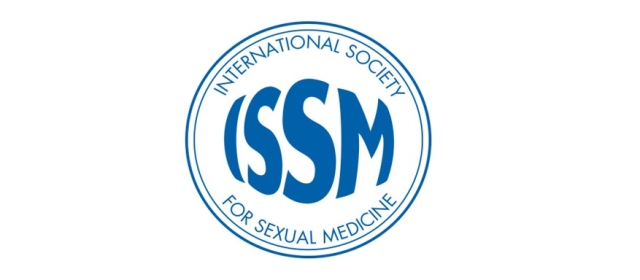
All News
Upcoming Events
In this episode, we dive into the fascinating world of the sex tech industry, exploring its rapid growth and innovation. We discuss how technology is reshaping sexual wellness, breaking taboos, and creating more inclusive spaces for pleasure and connection.

A mastectomy or breast reconstruction surgery can have a profound impact on a woman’s body image and intimate relationships. These surgeries, often undertaken as part of breast cancer treatment or prevention, involve the removal or alteration of one or both breasts. Such changes can challenge a woman’s sense of femininity, self-esteem, and sexual identity. However, with the right mindset, support systems, and practical strategies, women can maintain body confidence and foster a healthy sexual relationship after undergoing these impactful procedures.

Benign prostatic hyperplasia (BPH) is a common condition in older men, causing problems with urination that can significantly impact quality of life. These urinary issues are often linked to sexual problems, such as erectile dysfunction (ED). In fact, men with more severe urinary symptoms are more likely to experience ED. Treatment for BPH is complicated by the fact that standard medications can worsen sexual dysfunction, and while surgical options like transurethral resection of the prostate (TURP) address urinary problems effectively, they may also result in sexual side effects, including ED.

Psoriasis is a chronic autoimmune skin condition that causes red, scaly patches to form on the skin. It affects about 2-3% of the population and can have a significant impact on an individual’s quality of life, including their mental and sexual health. Living with psoriasis can affect a person’s self-esteem, emotional well-being, and intimate relationships. Understanding how psoriasis influences sexual health is crucial for individuals and healthcare providers to address this sensitive issue effectively.

Introduction
Gender incongruence (GI) occurs when a person’s gender identity doesn’t match the gender they were assigned at birth, sometimes leading to significant mental health challenges like anxiety, depression, and suicidal thoughts. These issues often stem from both the internal conflict of gender misalignment and external pressures such as stigma and hiding one’s true identity.

Squirting is when some women release a fluid during sexual activity, usually through the urethra. This happens naturally and involuntarily, before, during, or after orgasm. The amount of fluid can vary widely, from a small amount to over 100 milliliters. There’s some debate about what exactly squirting is. Some studies suggest the fluid comes from the bladder, mixed with secretions from the Skene’s glands, which are like the female version of the prostate.

Navigating intimacy after sexual assault is a deeply personal and challenging journey. It’s important to remember that recovery and healing are not linear processes; they require time, patience, and a safe, supportive environment. If you or someone you know is recovering from sexual assault, here are some tips that might help in rebuilding intimacy and trust, both in oneself and with others.

Estrogen is a hormone that plays a crucial role in the female reproductive system, but it also impacts other areas of health, including sexual function, bone density, and cardiovascular health. Understanding the different types of estrogen and how they affect your sexual health can help you better navigate changes in your body, especially as you age.

Erectile dysfunction (ED) is a common issue among young men, with about 1 in 4 men under 40 seeking help for it. While many think that ED in younger men is mostly psychological, some young men experience severe cases. Treatment usually starts with lifestyle changes, followed by oral ED medications like tadalafil, which is preferred because it lasts longer in the body.
Low-Intensity Shockwave Therapy (LISWT) is a noninvasive therapy that has been used in orthopedics for years. In orthopedics, LISWT may help heal broken bones, injured ligaments, or tendons. In this video from the International Society for Sexual Medicine, experts in the field of sexual health discuss whether or not LISWT should be used to treat erectile dysfunction.



